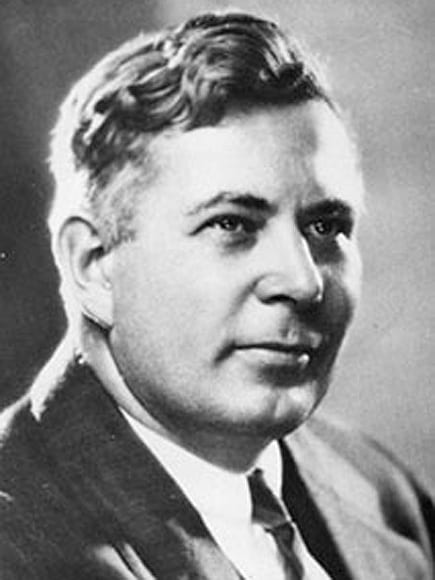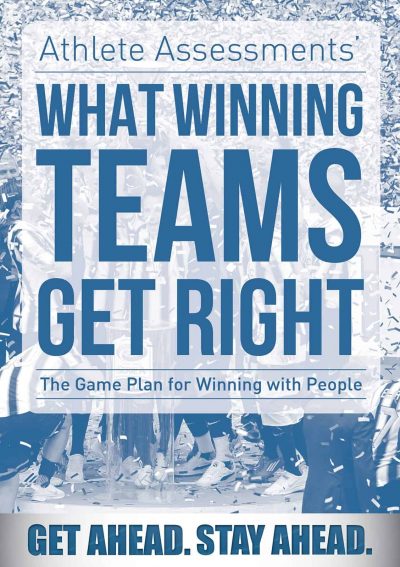By Kate Ross – Athlete Assessments
 In the early 1920’s, an American psychologist named William Moulton Marston developed a theory to explain people’s emotional responses. Until that time, work of this kind had been mainly confined to understanding the mentally ill or criminally insane. Marston wanted to extend these ideas to cover the behavior of what we know as “normal” individuals. Marston’s fascination with people led him to many discoveries, while being a contemporary of Sigmund Freud and Carl Jung. Marston was also the creator of the comic figure Wonder Woman, and the inventor of the lie detector test.
In the early 1920’s, an American psychologist named William Moulton Marston developed a theory to explain people’s emotional responses. Until that time, work of this kind had been mainly confined to understanding the mentally ill or criminally insane. Marston wanted to extend these ideas to cover the behavior of what we know as “normal” individuals. Marston’s fascination with people led him to many discoveries, while being a contemporary of Sigmund Freud and Carl Jung. Marston was also the creator of the comic figure Wonder Woman, and the inventor of the lie detector test.
In order to test his theories, Marston needed some way of measuring the behavioral styles he was trying to describe. His solution was to develop his own technique to measure four important factors (a four quadrant behavioral model). The factors he studied were Dominance, Influence, Steadiness and Compliance, from which the theory takes its name – DISC. Marston discovered that people do things for various reasons and are motivated by their reasons, not ours, and recognized that one individual could possess many traits, to more or less of a degree.
In 1928, Marston published his findings in a book entitled “The Emotions of Normal People”, which included a description of the system he had developed. It was the first time the four styles were identified as dynamic and situational which means the styles people displayed could change depending upon environmental factors and differing situations. The DISC model has continued to be researched and today is recognized as the most valid and reliable behavioral profiling tool to develop self-awareness. More than 50 million people worldwide from all differing contexts such as corporate leaders, industry professionals, managers, sales people, teachers, coaches and athletes have used DISC to improve their understanding of themselves and their behaviors.
 A major step forward in the advances of DISC came with the development of the ‘DISC Graph’ or ‘DISC Profile’, a graphical shape representing aspects of a person’s behavior in a form that was easy to understand with little experience or training. The use of Graphs made it possible to present the complex results produced by a behavioral profile, in the form of a simple profile ‘shape’ that could be understood and interpreted by any user. While training is still necessary to deeply analyze a DISC profile shape, the psychological and statistical background that had once been a prerequisite of profiling was no longer necessary.
A major step forward in the advances of DISC came with the development of the ‘DISC Graph’ or ‘DISC Profile’, a graphical shape representing aspects of a person’s behavior in a form that was easy to understand with little experience or training. The use of Graphs made it possible to present the complex results produced by a behavioral profile, in the form of a simple profile ‘shape’ that could be understood and interpreted by any user. While training is still necessary to deeply analyze a DISC profile shape, the psychological and statistical background that had once been a prerequisite of profiling was no longer necessary.
It is widely acknowledged, we each have our own unique style of learning, communicating, leading, coaching and working within teams. As none of us are the same, each of us requires a different approach in order for us to be our best. DISC gives you the keys to unlocking your strengths and building on your limitations and understanding others so you can collaborate effectively to create improved results and relationships.
It is the DISC model, which served as a foundation for the development of Athlete Assessments’ CoachDISC, AthleteDISC and Sports ManagerDISC sports profiling systems.
If you enjoyed this article you may also enjoy our articles on the History of DISC: Four Quadrant Models, DISC Methodology, or our articles section on DISC Application and Theory.
At Athlete Assessments, we’re here to provide you with excellence in service and to help you be your best. If there is anything we can assist you with, please Contact Us.





